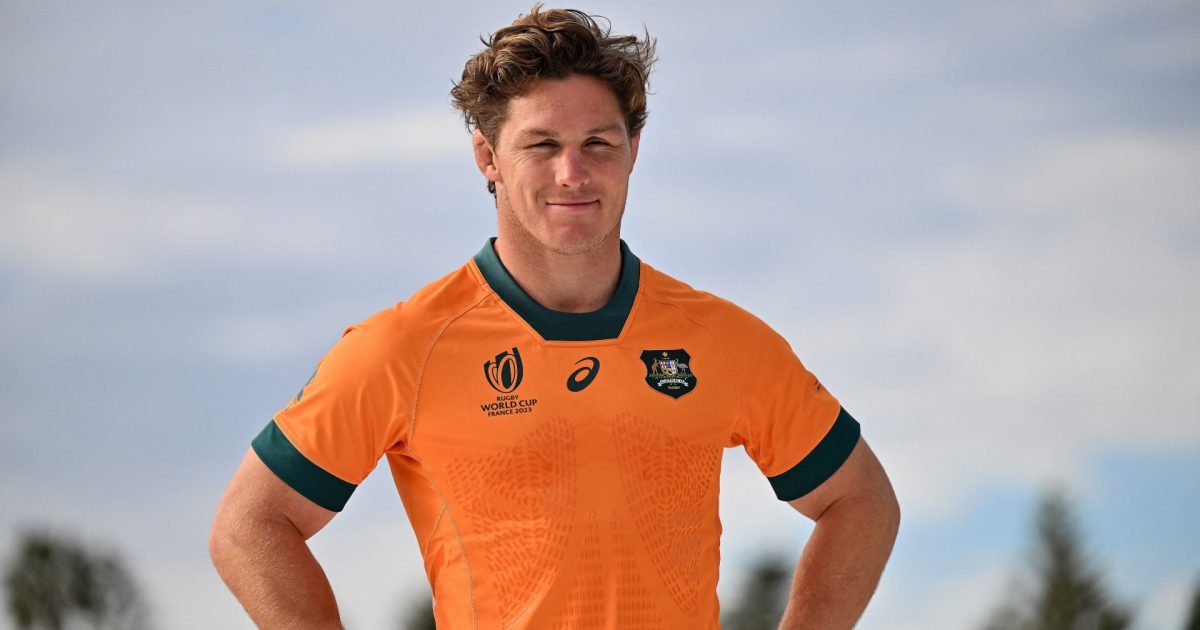Springboks great Bryan Habana backs Michael Hooper to succeed in SVNS

Michael Hooper is ready to launch the late-career switch to sevens from the international 15-a-side game that proved beyond at least one rugby great – but Bryan Habana is convinced the Aussie workhorse will succeed where he failed.
The former Wallabies captain Hooper will make his debut in this weekend’s Hong Kong Sevens — the shorter-format sport’s marquee World Series event — with his eyes set on making it to the summer Olympics in Paris.
“For the first time we’ll get to see Michael Hooper in an Australian sevens jersey,” the men’s head coach John Manenti confirmed.
“‘Hoops’ has worked hard to make his way into the squad, and we’re all delighted to welcome the ‘rookie’ into the mix.”
All eyes will be on the 32-year-old in the Hong Kong Stadium after his sevens career had to put on hold with an Achilles injury in November.
“Like any new player it will be a learning experience for him, and an important start point to a potential Paris Olympics,” Manenti said.
It won’t be an easy baptism, either, with Australia in the same pool in Hong Kong as Olympic champions Fiji and France, who won the Los Angeles Sevens in early March with their own converted 15s superstar Antoine Dupont shining.
Dupont, considered the world’s best player in the 15-a-side game, has quickly shown his adaptability and former South African speedster Habana believes Hooper, who was omitted from Eddie Jones’s World Cup squad in France, will do likewise.
Habana was also 32 when he switched to sevens in an attempt to play at the 2016 Olympics in Rio, but according to the flying winger himself, he “failed abysmally”.
But he doesn’t expect the same to happen to Hooper.
“The professionalism, the speed, and the skill set of the current sevens athlete is phenomenal, and many 15s players struggle with the transition – the anaerobic and aerobic effort over three days is absolutely brutal,” Habana told the South China Morning Post.
“Hoops has one of the most incredible work rates I have seen from anyone over the past 15 or 20 years.
“His leadership qualities, his ability to communicate with teammates, and officials, and what he has already achieved on the biggest stages, stand him in very good stead (to succeed in sevens).
“I played against him a number of times, and was gutted he did not make the World Cup squad. I think a player of his ability, and with his leadership skill set, would have been integral to Australia achieving a different outcome.
“I have tried to share my experience (of the sevens switch) with him, but it comes down to him putting what he wants onto the field.
“I am extremely excited about his ability to have an impact, and I think he is really well suited to making the transition.”





































































